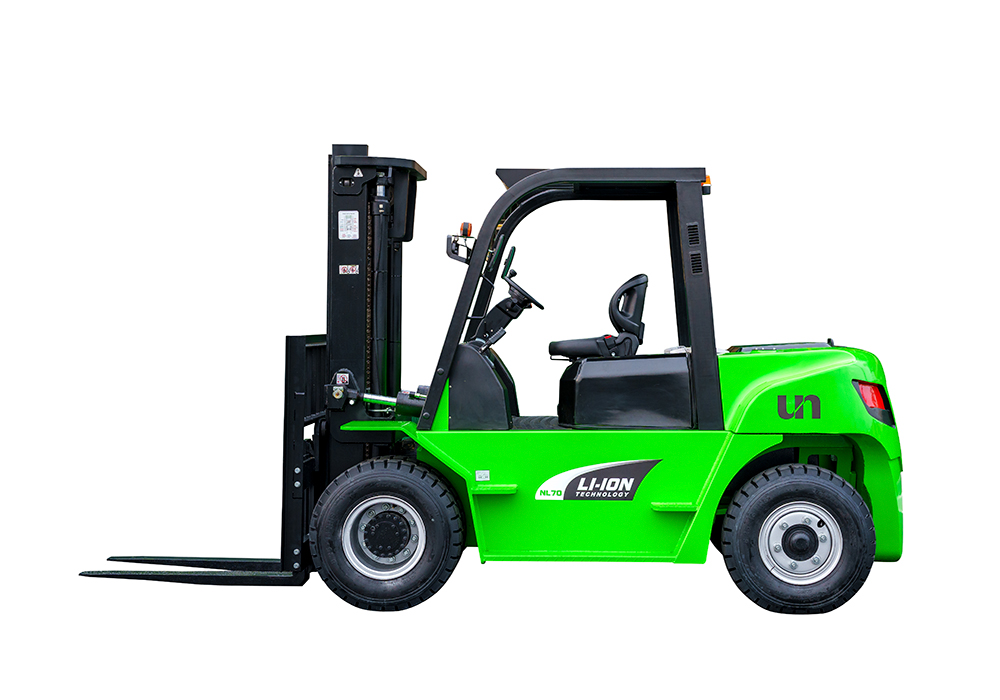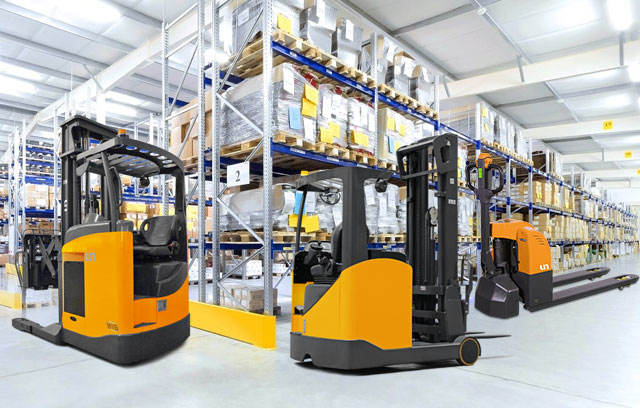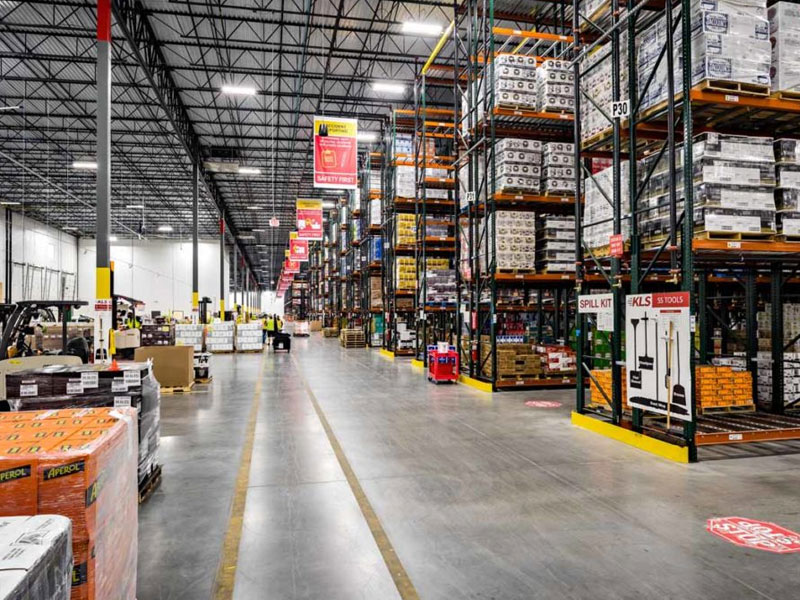In today's fast-paced and highly competitive business landscape, optimizing warehouse operations is crucial for achieving productivity and efficiency. Electric forklifts have emerged as a valuable asset in warehouse management, offering numerous advantages over traditional fuel-powered forklifts. In this article, we will explore how electric forklifts power productivity and enhance warehouse operations.
1. Eco-Friendly and Energy Efficient: One of the key advantages of electric forklifts is their eco-friendly nature and energy efficiency. Unlike fuel-powered forklifts that emit harmful emissions, electric forklifts produce zero tailpipe emissions, contributing to a cleaner and healthier work environment. Additionally, electric forklifts are highly energy efficient, utilizing electric motors and rechargeable batteries. They require less energy to operate and can be charged during off-peak hours, leading to reduced energy costs and a smaller carbon footprint.
2. Quiet Operation: Electric forklifts operate significantly quieter than their fuel-powered counterparts. This low noise level is advantageous in warehouse environments where noise reduction is desired, such as in retail distribution centers or facilities located near residential areas. The reduced noise levels also contribute to a more comfortable and less distracting work environment for operators and other warehouse personnel.
3. Enhanced Maneuverability: Electric forklifts offer enhanced maneuverability, allowing operators to navigate through narrow aisles and tight spaces with ease. Their compact design and precise control mechanisms make them ideal for efficient material handling in confined warehouse environments. The improved maneuverability helps maximize storage space utilization and streamlines operations, resulting in increased productivity and reduced chances of accidents or damage to goods.
4. Reduced Maintenance Requirements: Electric forklifts generally have fewer moving parts compared to fuel-powered forklifts. This translates to reduced maintenance requirements and lower operating costs. Electric forklifts do not require oil changes, fuel filter replacements, or engine tune-ups, saving time and money on regular maintenance tasks. With proper care and maintenance of the batteries, electric forklifts can offer reliable performance over an extended period.
NL Series 5.0T-10.0TLi-ion Battery Forklift

NL Series 5.0T-10.0TLi-ion Battery Forklift

The NL series large tonnage lithium battery forklift, capacity from 5,000 to 10,000kg, adopts UN internal combustion forklift 's design with the tough chassis, frame, counterweight and mast.
The power structure is designed to adopt UN electric forklift's concept, which use full AC system, Italian imported ZAPl controller, BMS control system and high quality lithium battery.
This combination of IC forklift and electric forklift makes an ideal solution to reach customers' satisfaction on cost saving and environmental friendly.
With many options of batteries, it extends the working hours, enhance the working power and greatly improves the working performance and efficiency.











 中文简体
中文简体 عربى
عربى Español
Español














